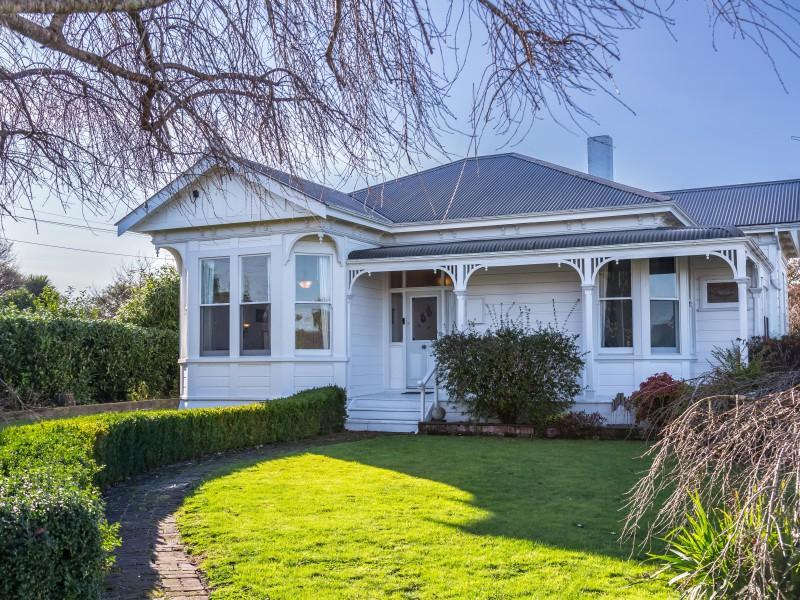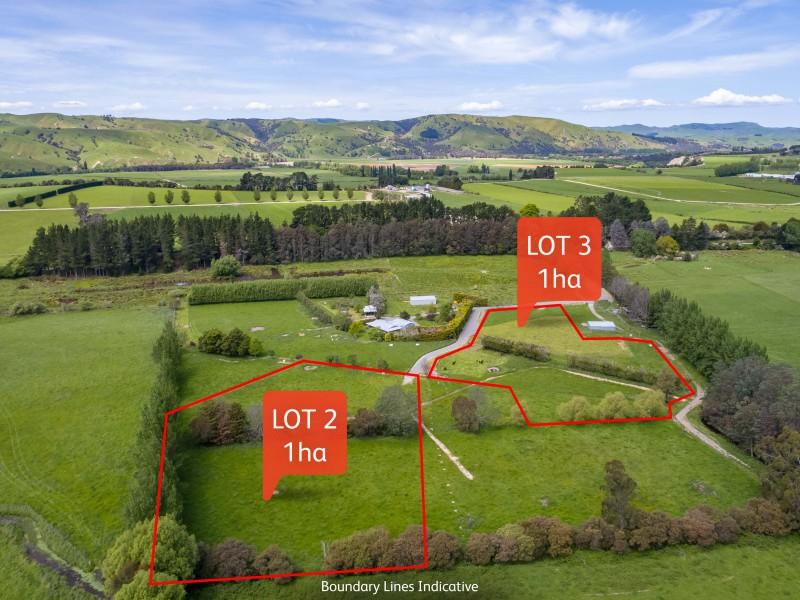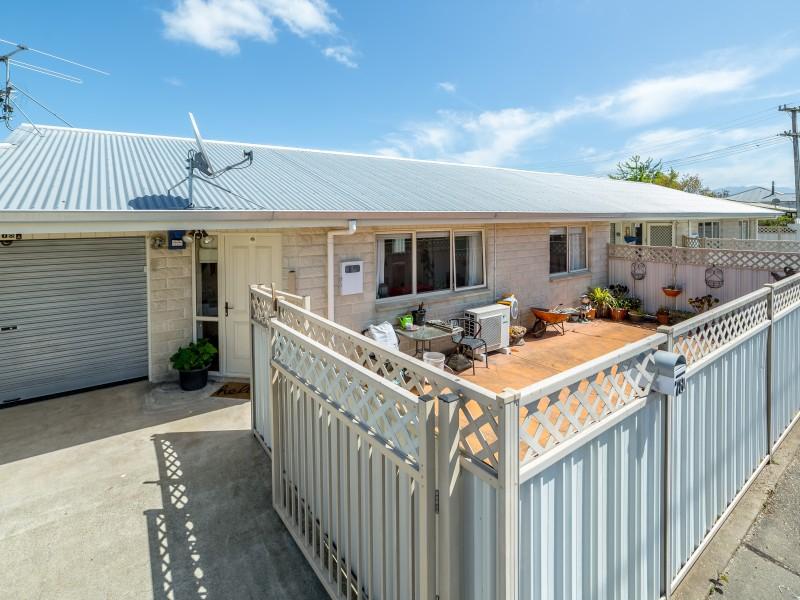High Court confirms euthanasia has no place in palliative care.
www.hospice.org.nz...
In just a few weeks, New Zealanders will have a life changing decision when they vote in the referendum on the End of Life Choice Act at the general election. If our own local Hospice Wairarapa, plus Palliative Care Nurses NZ have concerns about this potential Act then we also should be seriously thinking about where we place our tick!
Hospice NZ reviewed the End of Life Choice Act and were concerned with the lack of clarity and detail when it came to the potential application of the Act. They knew the Act would not be revisited as the Parliamentary process is complete. Following legal advice, they found it necessary to ask for a Declaratory Judgment from the High Court.
They sought clarity for these four questions:
1.Whether an organisation such as a hospice can conscientiously object to Assisted Dying and operate a ‘euthanasia-free’ service.
2.Whether a DHB or other funding agency can decline to fund or contract with an organisation if it does not agree to provide Assisted Dying services.
3. Whether the Act’s mandatory obligations on a health practitioner override the ethical, clinical or professional judgments of that practitioner and their obligations under the Code of Health and Disability Consumers’ Rights.
4.Whether a health practitioner may exercise a right of conscientious objection on the basis that they hold as a core value that they must not act in a way that is contrary to their ethical, clinical or professional judgment and obligations.
The Attorney General requested that all medical organisations who had made a submission to the Justice Select Committee be served to offer them the opportunity to apply for intervener status. The rationale for this was they would have an interest and perspective on the request and would be impacted by any declaration that was made. Of the seven served – two applied and were given intervener status – Palliative Care Nurses New Zealand and the Australian and New Zealand Society of Palliative Medicine. The New Zealand Medical Association declined to be interveners but provided a statement to support our request for the Declaratory Judgment.
The Judgment in summary
Organisations such as hospice have a right to hold conscientious objection – and the Crown should not be able to override that through funding decisions.
The Court ruled that organisations such as hospice can have an entrenched moral ethos that qualifies for protection under the right to freedom of conscience in the New Zealand Bill of Rights Act 1990. This means that organisations like hospice services, aged care facilities or GP practices for example, can object to assisted dying as set out in the End of Life Choice Act happening on their premises by their staff. Justice Mallon appreciated the ethos of palliative care and how placing the option of assisted dying on the table could undermine palliative care delivery. This is important recognition of why an organisation such as hospice should be able to “opt out” of providing the services.
For the full summary see the document attached or visit
www.hospice.org.nz...
Hospice-New-Zealand-v-Attorney-General-EOLC-Act-Judgement-June-2020.pdf Download View
Poll: Do you think banning gang patches is reasonable?
With the government cracking down on gangs, it is now illegal for gang members to display their insignia in public places whether through clothing or their property.
This means arrests can be made if these patches are worn in places like restaurants, shops, on public transport or ferries, and on airplanes. Arrests were made recently at a funeral.
Do you think this ban is reasonable?
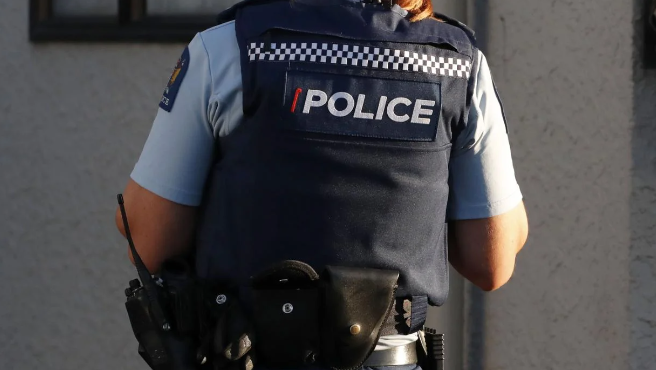
-
76.4% Yes
-
22.3% No
-
1.3% Other - I'll share below
What's your favourite recipe for courgettes?
Kia ora neighbours. If you've got a family recipe for courgettes, we'd love to see it and maybe publish it in our magazine. Send your recipe to mailbox@nzgardener.co.nz, and if we use it in the mag, you will receive a free copy of our January 2025 issue.

Poll: Should all neighbours have to contribute to improvements?
An Auckland court has ruled a woman doesn’t have to contribute towards the cost of fixing a driveway she shares with 10 neighbours.
When thinking about fences, driveways or tree felling, for example, do you think all neighbours should have to pay if the improvements directly benefit them?

-
82% Yes
-
15.3% No
-
2.7% Other - I'll share below
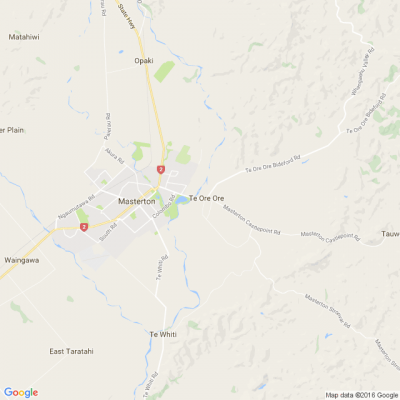
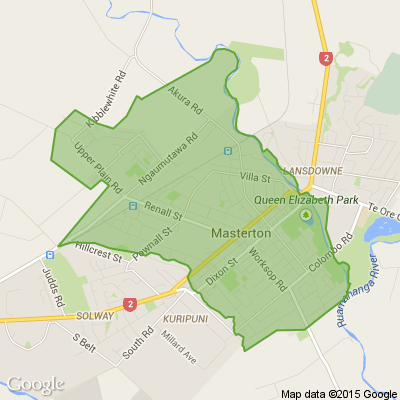





 Loading…
Loading…





